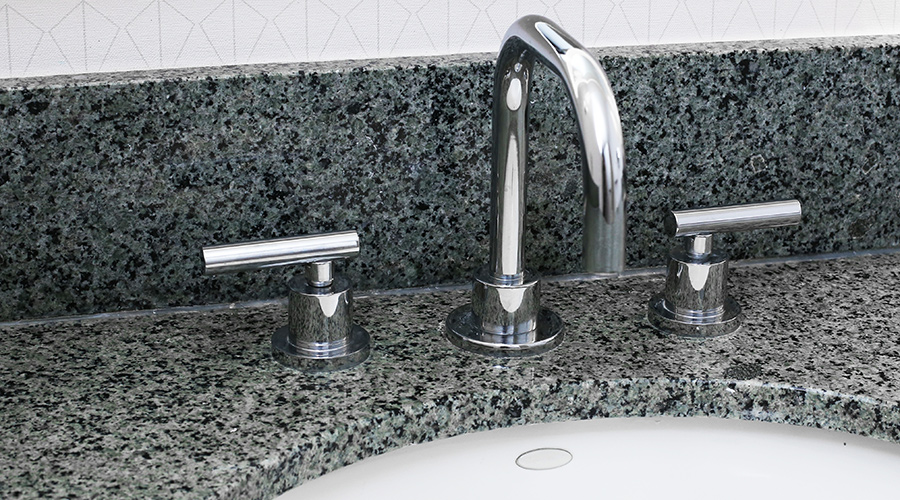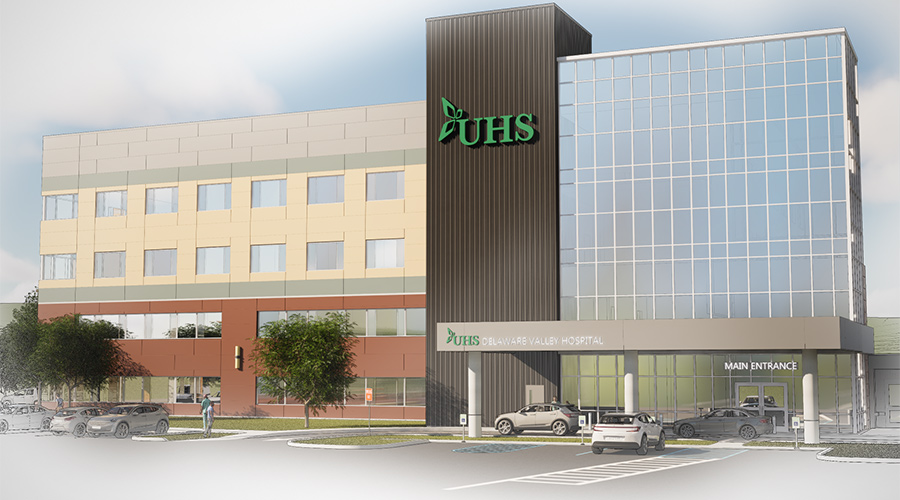The influx of patients caused by today’s COVID-19 pandemic is crippling health systems worldwide and placing unprecedented strain on vulnerable hospital IT networks. The healthcare industry must act swiftly to maintain and expand operations across multiple sites, including temporary field hospitals, to ensure patients receive the care they need.
Hospitals must cope with diminished clinical and medical staff who have been infected or quarantined, and extreme demand on resources, including medical supplies, bed vacancies, and medical devices required to administer treatment. With staff shortages and increased reliance on medical equipment and other resources, automating processes is crucial to ensure smoother operations, continuous medical services, and strict compliance with federal and state IT/cybersecurity guidelines.
Battling pandemics: The logistical challenges
In pandemic scenarios like today’s Coronavirus outbreak, the complexities of maintaining clinical ecosystems and operations can be expected to increase exponentially. The coordination required to keep hospitals running smoothly poses unique logistical challenges involving:
- Space limitations - causing hospitals to convert hotels, stadiums, and other facilities into field hospitals
- Staff capacity/shortages
- Equipment shortages
- Monitoring equipment inventory and utilization
- Redistribution of patients and equipments across departments and sites
- IT network load and monitoring
- Setting up new servers to absorb increased network load
Redistribution: Patients, staff and equipment
Whether patients and equipment are being redistributed to different departments within the hospital or to off-site field hospitals, the logistics involved are enormously complicated. With hospitals’ reliance on smart beds and other connected medical devices, network capacity and efficient management of clinical topologies are a cornerstone of clinical operations. IT staff must make sure the clinical network has the capacity to handle significant increases in utilization and traffic load. '
Hospitals rely on numerous connected medical devices to administer streamlined treatment, patient monitoring, and storage of sensitive PHI. Just one smart bed can use more than ten devices that collect patient data and deliver care, including heart monitors, ventilators, and IV pumps.
In the midst of a pandemic, diagnostic equipment like MRI, CT, and X-Ray machines will also experience an uptick in usage and may need to be redistributed to handle the crisis. Hospitals worldwide are taking equipment out of storage and scrambling to find supplies of new ventilators and respirators to address the Coronavirus’s attack on the respiratory system.
IT to the rescue: Network infrastructure and monitoring
With the number of connected medical devices used in today’s medical care, patient lives depend on these devices. Clinical networks must be able to adapt quickly in crisis scenarios, and hospital IT teams are responsible for the oversight and execution of:
- Adapting the network to constant topological changes
- Increasing network capacity to handle the influx of data
- Adding and maintaining new servers
- Tracking device inventory
- Maintaining real-time device visibility, including changing locations
- Understanding device utilization
- Complying with Federal and state cybersecurity and IT protocols
How automated healthcare technologies can help
The sheer number of devices combined with the logistics of setting up field hospitals and moving patients and staff make the manual management of redistribution projects extremely difficult. Healthcare security technologies can be leveraged to deliver key information with automated:
- Inventory discovery
- Device location
- Utilization and distribution patterns
- Cybersecurity alerts and updates
Automated healthcare technologies can also provide instant insights into network topology and communications to prevent network downtime, slow-down, or cessation of services. These technologies can also help hospital IT staff prevent cyber attacks by ensuring the highest standards of compliance with CDC, HIPAA, and state device-security policy.
Hospitals today are facing a global health crisis with the Coronavirus. Managing a multi-site hospital network manually is almost impossible, but healthcare automation tech has built-in tools that deliver info almost instantly on everything from device inventory and profiles to breakdowns of device utilization and network topology. Automated healthcare technologies can help streamline multi-site redistribution projects, reinforce IT network capacity and monitoring, and protect hospitals from the cyber attacks that keep plaguing the industry.
Leon Lerman is the CEO and Co-founder, of Cynerio

 From Downtime to Data: Rethinking Restroom Reliability in Healthcare
From Downtime to Data: Rethinking Restroom Reliability in Healthcare LeChase Building Four-Story Addition to UHS Delaware Valley Hospital
LeChase Building Four-Story Addition to UHS Delaware Valley Hospital AdventHealth Sebring Breaks Ground on Expansion Project
AdventHealth Sebring Breaks Ground on Expansion Project Regulations Take the Lead in Healthcare Restroom Design
Regulations Take the Lead in Healthcare Restroom Design AHN Allegheny Valley Hospital Opens Expanded Inpatient Rehabilitation Unit
AHN Allegheny Valley Hospital Opens Expanded Inpatient Rehabilitation Unit